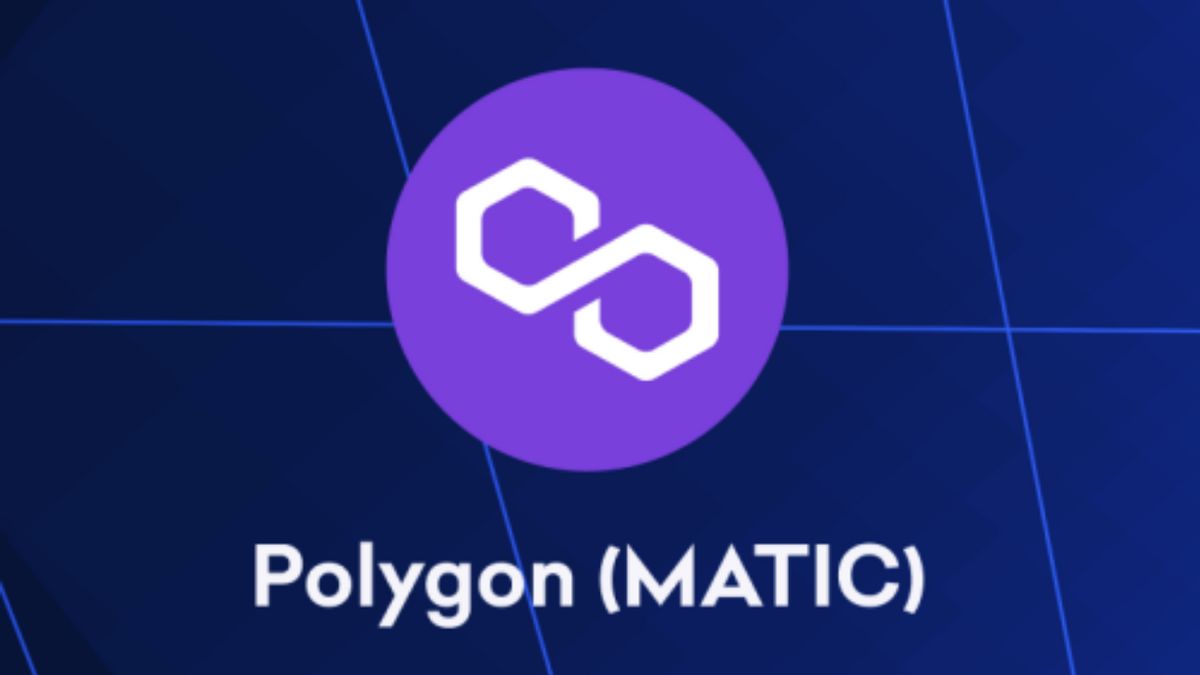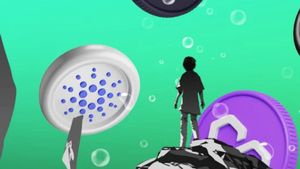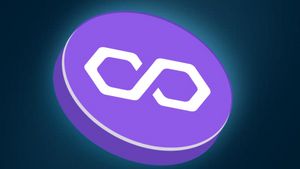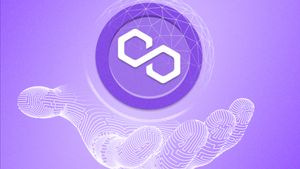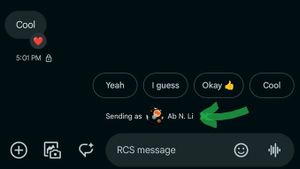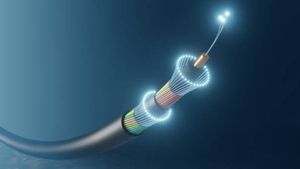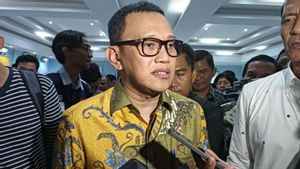The original Polygon token, MATIC, is preparing to undergo a transformation that turns it into one of the newest innovations in the crypto world. Polygon Labs founder Sandeep Nailwal has announced plans to bring significant technical changes, turning MATIC into a POL, dubbed a "third-generation token".
Not only changing names, the transformation of POL is much deeper. This summarizes a series of technical developments that allow multi-chain staking without risks usually associated with restaking practices.
As Polygon 2.0 launches, the platform will expand from just one chain to an operational Layer 2 (L2) ecosystem. This allows smooth liquidity sharing throughout the L2 ecosystem.
In this change, POL will function as part of a prescribed "stating hub". Through a mechanism called "enshrined resting", POL will be able to stake on various networks and play different roles. This allows stakers to gain greater profits without increasing the capital they invest in.
SEE ALSO:
When comparing these developments with the past, Nailwal illustrated how first-generation BTC token holders are passive holders, while ETH's second generation introduces active staking. With POL as a third-generation token, token holders are given unprecedented flexibility. They can secure various networks and take various roles.
However, questions arise about this transition mechanism. For users who have been staking MATIC, concerns arise about how these changes will affect the tokens they have attached.
Nailwal explained that the process of moving MATIC to stable POL will be simplified, providing more clarity for token holders.
Currently, Polygon is trading at IDR 8,800 per token. Despite a 4.32% decline in the last 24 hours, its market capitalization remains strong above 5.3 billion US dollars (around IDR 80.7 trillion).
This makes him 14th in the ranking according to CoinMarketCap. From a maximum supply of 10 billion MATIC coins, about 9.3 billion circulated, showing high investor confidence and potential growth in the future.
The English, Chinese, Japanese, Arabic, and French versions are automatically generated by the AI. So there may still be inaccuracies in translating, please always see Indonesian as our main language. (system supported by DigitalSiber.id)
